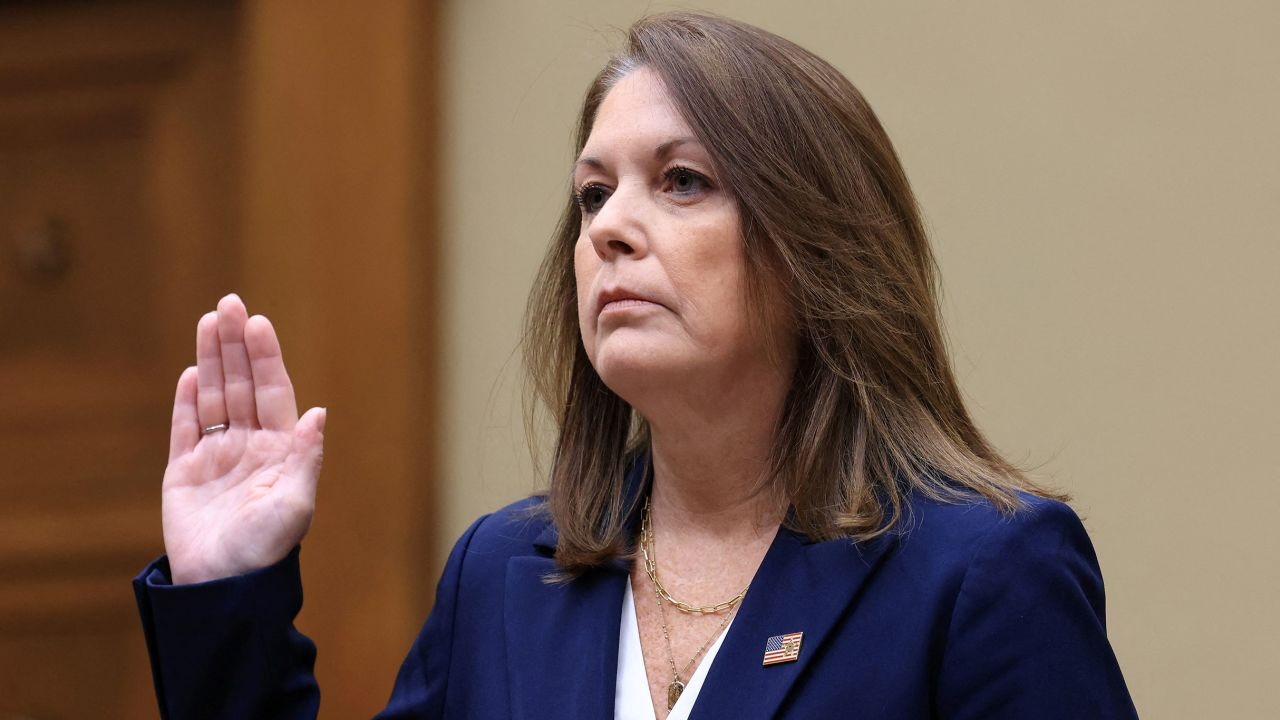US Secret Service Director Kimberly Cheatle Resigns Amid Bipartisan Pressure Following Assassination Attempt on Trump
US Secret Service Director Kimberly Cheatle resigned on Tuesday, a day after facing a rigorous bipartisan grilling at a Congressional hearing regarding the assassination attempt on former President Donald Trump. The incident occurred at an election rally in Butler, Pennsylvania, on July 13, where Trump, the Republican nominee for President, was shot at by a lone gunman.
During the hearing, lawmakers expressed their frustration with Cheatle’s refusal to answer critical questions about the shooting, particularly how the gunman accessed the roof to target the former President. In a rare display of bipartisanship, James Comer, the Republican heading the committee on oversight and accountability, and Jamie Raskin, the Democratic ranking member, jointly called for Cheatle’s resignation.
In their letter, Comer and Raskin criticized Cheatle for failing to provide satisfactory answers and for not reassuring the American public that the Secret Service had learned from the incident and was correcting its systemic failures. They demanded her resignation as a first step towards restoring trust in the agency and addressing the crisis.
President Joe Biden, in a statement, thanked Cheatle for her dedicated service and leadership during his administration. He acknowledged the challenges faced by the Secret Service and emphasized the importance of the ongoing independent review of the July 13 incident. Biden assured that a new Director would be appointed soon to lead the agency forward.
The assassination attempt on Trump resulted in him being hit in the right ear, while the shooter was neutralized by a Secret Service sniper. The incident raised significant concerns about the Secret Service’s ability to prevent such threats, especially given reports that the shooter had been seen by many at the rally and was not stopped by the police providing perimeter security.
The US Secret Service is responsible for protecting all past and present Presidents and their immediate families. The last assassination attempt on a sitting US President was in 1981 when Ronald Reagan was shot but survived. The tragic assassinations of John F. Kennedy, his brother Robert F. Kennedy, and Abraham Lincoln underscore the critical nature of the Secret Service’s mission.


